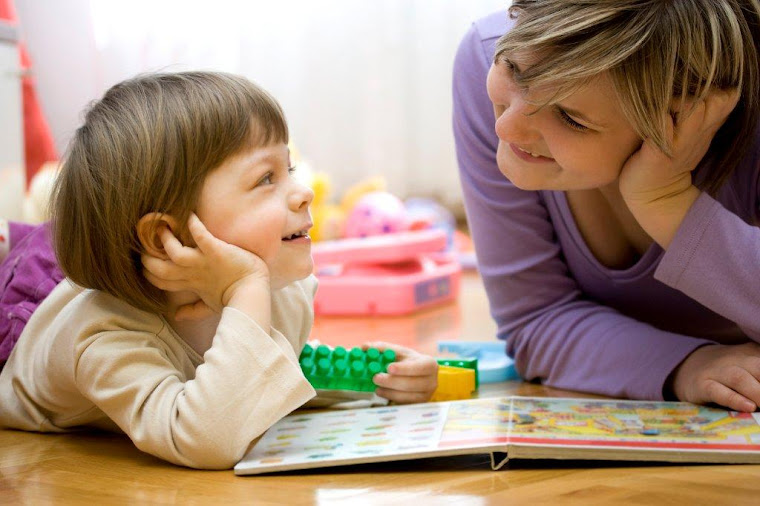A couple of weeks on holiday and a death in the family, and I have had time to muse about how the memory and the legacy of memories we leave.
The division of memory into short term and long term is commonly accepted, and these days as one approaches 'a certain age' one can become very sensitive to lapses in short term memory, forgetting someone's name; going into a room to fetch something and forgetting what you wanted...the fear of Alzheimer's and related disease is very real. Our long term memory also tends to fade so memories of our childhood recede, though often when reminiscing with contemporaries or looking at photos, we find we are able to access images and scenes we thought were long gone.
Smell is a sense strongly linked with memory, and especially with those that carry strong emotions. Remember the smell of the air after rain on a hot day, the aromas of coffee and baking bread that estate agents once used to make buyers more susceptible to a house's charms, Dad's aftershave, Grandma's scent.
There are also memories of physical skills that become so entrenched that we can perform them automatically without consciously recalling each part of the process. Riding a bicycle is a common example of this, as is driving a manual car without 'bunny hopping'.
As parents, grandparents, nannies, child care professionals we are
responsible for moulding the character and behaviours of the children we
have in our care, both by our actions and by the role modelling we do. It is amazing to nurse a new born baby and then to watch as that baby grows and develops, both creating memories for us and itself accumulating its own store of memories.
We all know it is no use encouraging children to be kind to other
people and in their presence being unkind to someone. Or having a 'no
swearing' policy and then abusing the motorist that cuts us off. In
both these instances, it is not unusual to have a child point out our
inconsistency!
When someone dies, many memories are stimulated as people reflect on the person who has died. This happens even with miscarriages and perinatal births, as once a child is conceived we have a variety of reactions, hopes and fears which centre on the child and the circumstances of its conception and death. As I have previously written, the death of a child is generally traumatic for all concerned, but all deaths, even peacefully in old age, have an impact on those who have known the person, hence the period of grieving that lingers far beyond the funeral.
I think most of us would want to be remembered as people who are kind,
generous, loving, and any of the other attributes we value. If we
achieve great things with our lives for example as scientists,
humanitarians, sporting figures we would want these to be remembered.
If our achievements are somewhat more measured we would want to be
remembered as people of integrity, living as well as we can.
In Julius Caesar, Shakespeare tells us that "The evil that men do lives after them; The good is oft interred with their bones". It is terrible to think that this is true of our everyday lives, that all the little things we have done wrong are the things that people remember most about us. I think rather that these misdoings are quite different from those of men like Hitler, Pol Pot, Stalin and Idi Amin.
I read a line in a novel, the title long since forgotten, that lovely old people don't get that way overnight but as the product of their life long way of living. If that is so, how we are remembered has already started, and the result is in our hands.


No comments:
Post a Comment